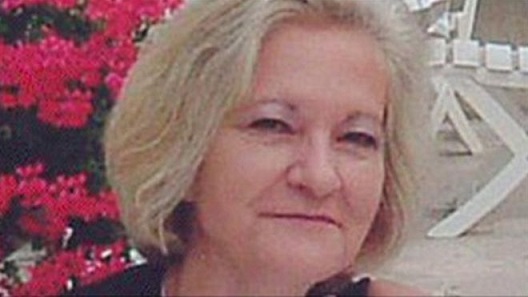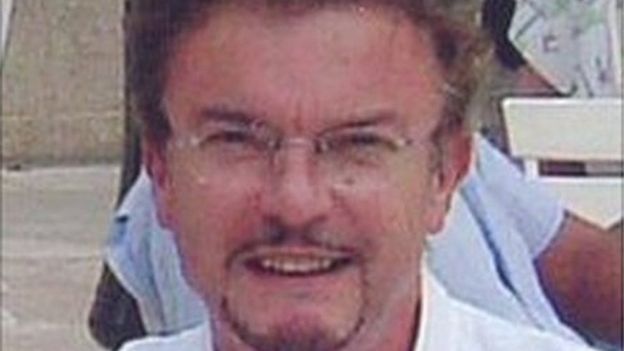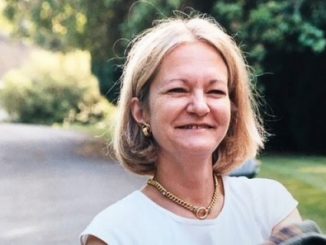
A woman who bludgeoned her husband to death with a hammer is challenging her murder conviction in what is being described as a landmark case.
Sally Challen, 65, whose real name is Georgina, admitted killing 61-year-old Richard in August 2010 but denied murder.
Her lawyers argue she was driven to kill him after enduring 40 years of psychological abuse at his hands.
The Court of Appeal heard she was a victim of “coercive control”.
Challen, of Claygate in Surrey, claimed diminished responsibility during her 2011 trial at Guildford Crown Court.
Clare Wade QC said: “The lack of knowledge about the theory of coercive control at the time of the appellant’s trial meant that the partial defence of diminished responsibility was not put as fully as it could have been.”
Ms Wade told the court that a lack of understanding of the “theory of coercive control” meant that Challen’s defence “lacked cohesion and the appellant’s actions were not properly explained”.
“This facilitated erroneous inferences from the appellant’s behaviour. For example, that her actions were motivated by jealousy.”

The offence of coercive control was only criminalised in 2015, four years after the trial.
Ms Wade said: “Had the jury had the benefit of the evidence going to coercive control, as well as an understanding of the dynamic of coercive control, then they would have come to a different conclusion and the appellant would have been convicted of voluntary manslaughter.”
Professor Evan Stark, a retired forensic social worker, told the court that coercive control is “designed to subjugate and dominate, not merely to hurt”.
“It achieves compliance essentially by making victims afraid and by depriving them of rights, resources and liberties, without which they cannot effectively defend themselves, escape, refuse demands or resist.”
‘Ample evidence’
But the prosecution argued the jury at Challen’s trial were provided with evidence about her state of mind and were able to understand the impact of her husband’s behaviour.
Caroline Carberry QC told the court in written submissions: “The introduction into the legal lexicon in 2015, four years post conviction, of the phrase “controlling and coercive behaviour” was the popularisation of a new phrase to describe an old and well understood problem.
“It is not one upon which juries require expert guidance.”
Ms Carberry said there was “ample evidence” to demonstrate that Challen was able to think in a “logical and coherent way” before, during and after the killing.
Before the hearing, Justice for Women, which has been campaigning to overturn the conviction, said Mr Challen “bullied and belittled” her and “controlled their money and who she was friends with, not allowing her to socialise without him”.
In a statement, Challen’s son David and his brother James said: “Our mother’s appeal is a landmark case, the first of its kind to use coercive control as a part of a defence to murder.
“This appeal crucially provides an opportunity to recognise the lifelong abuse Sally suffered and, in the hope of understanding the cause of her actions, provides an understanding of how she was driven to take the life of our father, Richard.”
Challen was jailed for life in June 2011 and ordered to serve a minimum of 22 years, but later had the jail term reduced by four years on appeal.
Her lawyers argue that if coercive control was better understood then, she would not have been found guilty of murder.
They are asking the court to overturn the murder conviction and substitute a manslaughter conviction in its place.
Challen’s solicitor and co-founder of Justice for Women Harriet Wistrich, said: “We are not arguing in this case that coercive control would provide a complete defence to murder, but the circumstances of a lifelong marriage amount to a form of provocation, which should reduce a murder conviction to manslaughter.”
The appeal is expected to last two days.
Source: bbc.co.uk





Be the first to comment